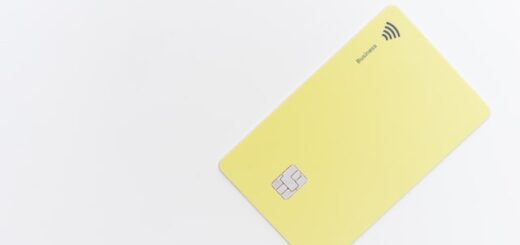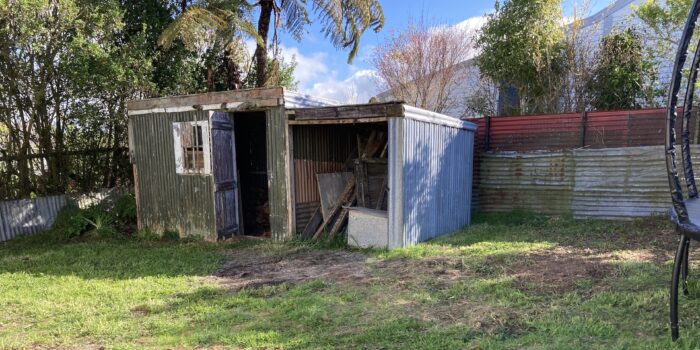How To Invest For Your Kids
Now that I have discussed why you should invest for your kids we can go through some options on how to invest for your kids.
But first… when to invest of your kids
Investing for your kids is an amazing gift to pass on to them.
Investing money will let it grow much more than if it was sitting in a savings account, and therefore it will be easier to give a substantial amount of money, which can help your kids to set their adult lives up well from the get go.
It is also important supplement any money you might give to your kids with education about money management.
This is so that the generous gift that you worked hard for to set up doesn’t disappear with nothing to show for it soon after given.
So when to start investing for your kids?
The answer is simply that once you have your own finances sorted you can start thinking about gifting your kids money.
This means that you don’t any have high interest debt, you have a plan to get rid of your mortgage by retirement (if you have one) and that you have a plan for your retirement (this is especially important if you don’t plan to own a home).
Why?
Because you need to take care of your financial future first, otherwise you might end up becoming a financial burden to you children.
Like they say, you need to put your own oxygen mask on first before helping others.
(And let me just say that you don’t have to invest for your kids at all. Financial education and teaching them to manage their money is far more important than giving them cash gifts. And if you make sure that your finances are in order, even after retirement, it is a gift in itself to your kids, knowing they don’t need to worry about you getting by financially.)

Your options to invest for your kids
Most of the investment options that are available to us adults, can also be opened in your child’s name.
These are for example:
- KiwiSaver
- Managed fund
- ETFs through a brokerage
- Individual shares through a brokerage
KiwiSaver
You can open a KiwiSaver account for your child as soon as they are born and make voluntary contributions to the account.
It will work the same as your own KiwiSaver account, except there won’t be any employer contributions (employer has to start contributing once your child turns 18 (and has a job!)) or government contributions (they will also start once your child turns 18).
So while a viable investment option for kids, a KiwiSaver account for a child doesn’t come with the same benefits (straight away) as the adult account does.
But the same restrictions apply though, the money can be only used to fund a purchase of first home and retirement.
This can be a pro or a con, depending on what you would like your child to use the money for.
If you want them to be able to use the money for education, or maybe even an overseas experience, KiwiSaver is not fit for the purpose.
But if you want your child to use the money specifically as a deposit buying their first home, then KiwiSaver is definitely an option.
In that case you can be sure that they cannot waste their money away on anything else, but it will be for sure used the way you intended.
A great thing about KiwiSaver accounts is that you just need to choose a risk profile, and the fund you invest in will be diversified, you don’t need to worry about it yourself.
Managed funds
Managed funds are pretty similar to KiwiSaver accounts as an investment option, they just don’t have the added government and employer contributions (well KiwiSaver accounts for kids don’t have them either), but they also come without the restrictions on how the money can be spent.
Many KiwiSaver providers also have options for managed funds.
The main difference in opening a managed fund compared to a KiwiSaver account is that managed funds often have a minimum deposit to open the account.
The amount of the minimum deposit can vary between providers, but could be as much as $1000.
The obvious benefit of a managed fund compared to a KiwiSaver account is the freedom of when to withdraw money and how to spend it.
Managed funds have the same benefit as KiwiSaver accounts as in that you don’t have to worry about what specific investments are in the fund, it is already diversified so you don’t need to think about that, you just need to choose a fitting risk profile.
ETFs through a brokerage
ETF stands for an exchange traded fund.
These are funds that have specified investments in them, based on the criteria of the ETF.
This could be the 500 biggest US companies, or companies the utility sector, or companies with women in leading roles.
One of the main differences compared to managed funds is that ETFs are traded on the sharemarket, managed funds are not.
So you can buy ETFs through most of the brokerages, like Sharesies, Hatch, InvestNow, etc.
There might be minimum deposits and different fees, so you need to make sure that you do your research and choose the best brokerage for yourself.
Most should have an option for opening a children’s account.
While ETFs in themselves are already somewhat diversified, if you are investing in them in your child’s name, please make sure that you are strategic and good diversification.
Individual shares through a brokerage
Just as ETFs, you can use the same brokerages to buy individual company shares in your child’s name.
What you should keep in mind though is that buying only a few different companies’ shares is a risky thing to do, so make sure that you have a good investment plan to ensure your child’s investment portfolio is well diversified.
Compared to investing in a KiwiSaver account or a managed fund, this may be more time consuming if you are researching the individual shares you might invest in.
But it really depends on what you value, if you are investing in individual shares you have a full control of what is in your child’s investment portfolio.
The same brokerages that offer ETFs most often also offer individual shares, except InvestNow.

A few more things you should keep in mind
You should always check what fees each investment option charges, most of the time, the lower the better! Also, kids’ accounts may have different fees compared to adults’ accounts, so make sure you check properly.
There might be differences on when your child can take over the managing of their portfolio, based on the provider you are going with. Most of them would be 18 years of age, but the default on Sharesies is 25 years old, and if you want it to be different you need to change it.
Often in order to open an investment account for your child you will need their birth certificate and IRD number, so have those handy when you decide to open an account for them.
The process is fairly simple and quick though!
And again, I would just like to remind you that you don’t have to invest for your kids, it is far more important to teach them money management and financial literacy!
If you do want to invest for them to give this kickstart to their financial lives, make sure your own finances are in order and that you teach them the tools to manage this gift well.
Do you invest for your kids? How do you invest for them if you do?







